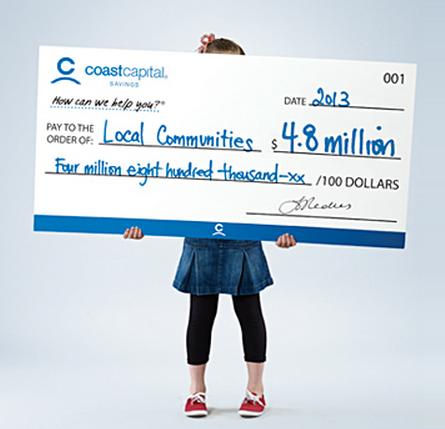Understanding money is like attempting to comprehend the meaning of life. The problem stems from discussions around money and economics. The language is twisted and confusing to outsiders. John Lanchester’s article Money Talks, speaks in depth about today’s economic system, and the discourse surrounding it.
Lanchester lays much of the blame for the 2008 collapse upon experts intentionally making terms more complicated than necessary. Lanchester gives examples of where the language of economics has failed: “To bail out means to slop water over the side of a boat. That verb now means an injection of public money into a failing institution…Credit now means debt… inflation means money being worth less.”(33). Lanchester describes these terms as “reversified”, that is to say their meaning is the opposite of an original impression.
I think a larger flaw in the monetary system instead stems from a lack of education and awareness. Many children don’t have a chance to learn about money until they are in the thick of debt for post-secondary education, while paying rent and taxes. It’s a pattern that allows young people to be taken advantage of, where even a small amount of knowledge would help people make better decisions. My grade ten planning class should’ve included lessons to teach soon-to-be tax payers, savers, spenders and investors, basic skills in money management. The world assumes we all know. It’s the same with the meaning of life, but none of us have a clue.
Works Cited
Lanchester, John. “Money Talks.” The New Yorker Annals of Argot 4 Aug. 2014: 30-33. Print.
Picture from The New Yorker


